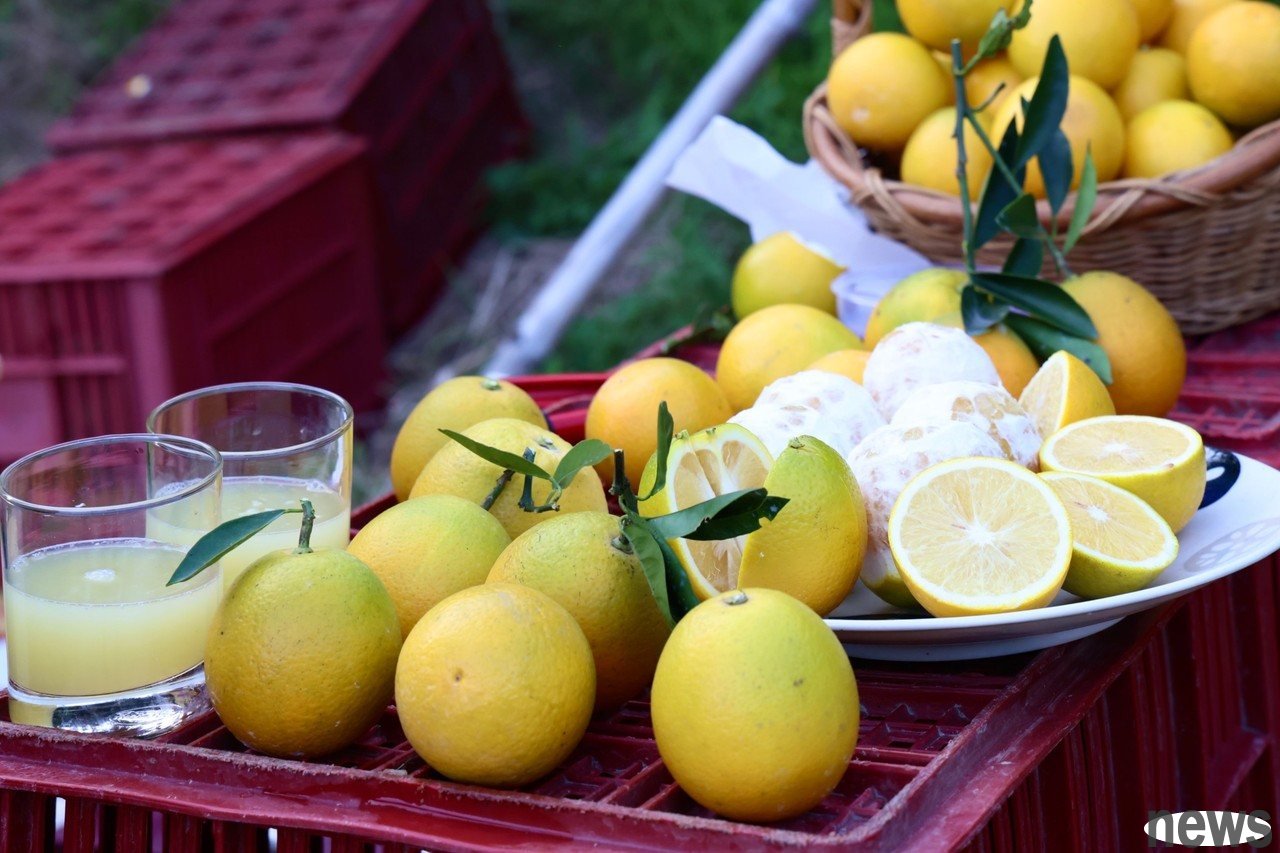
Many people are used to use health foods to supplement nutrition for daily dietary deficiency, but while using nutrition supplements to improve health, experts warn that excessive doses will also increase carcinogenic risks. It is recommended that if there is no specific deficiency, just eat natural foods.
Nichole Nutritionist Nichole Andrews, Washington State, said that many people take high doses of supplements to reduce cancer risk or improve health, but "more than more" is an incorrect concept. The body cannot remove excess vitamins and absorb them into the blood through the digestive system. When the body cannot process them quickly, supplements will attack healthy cells and stimulate the growth of cancerous tumors.
Andrus pointed out that more than half of Americans take at least one nutritional supplement every day, and common nutritional supplements such as vitamin C are touted to enhance immunity, while 80% of the 100% of these pills are mislabeled. The real dosage is unknown. People often take overdose, which not only does not improve health but also damage their health.
According to a study last year, when cancer patients and people with higher risk of disease take vitamin C and E supplements, new blood vessels will form in lung cancer tumors, which will cause tumors to grow faster and spread to other parts of the body.
In addition, a study from Ohio State University found that male smokers taking high doses of vitamins B6 and B12 have four times the risk of lung cancer compared to men who do not take supplements, a high dose of several times the daily intake recommended by the United States.
Don't rely on health foods. The best solution is to take nutrients from foods.Andrus suggests that people take nutrients from natural foods as much as possible. If there is no deficiency, do not overdo the supplement. When excessive amounts of vitamins flood the blood, free radicals will be formed, which will attack DNA and destroy normal cell functions, causing the cells to stumble into cancer cells.
She pointed out that if you obtain nutrients such as vitamin C and B12 through food, you will not experience the risk of toxic doses, because food simply cannot reach such a high dose. For example, vitamin C can be taken from citrus. The vitamin C content of 1 lysanthemum is 65 to 90 mg, which is almost enough to meet the recommended daily intake (according to the Ministry of Health and Welfare, the recommended daily intake of vitamin C for adults is 100 mg, with the maximum maximum limit of 2,000 mg); in addition, vitamin B12 can also be obtained from animal proteins such as red meat, chicken eggs and fish.

She again emphasized that unless an individual is particularly lacking in certain nutrients or has a doctor's prescription label, he or she should not take nutritional supplements from the beginning, and just eat ordinary food.
In addition, experts also suggest that although nutrients such as calcin and vitiligo have been proven to reduce the risk of breast and kidney cancer, it is best to put them in food rather than gain them from supplements.
@oncology.nutrition.rdSay goodbye to confusion and uncertainty. Join my 1:1 coaching program today, relative control over your diet, and get back to living your life to the fullest! 🌟🌟LINK INBIO TO APPLY for 1:1 support TODAY!🌟🌟 #breastcancerjourney #lungcancerawareness #bravetheshave #lymphomaawareness #livercancer #kidneycancer #prostatecancerawareness #radiationtherapy #hormonetherapy #sarcomaawareness #cancerresearchUK #pancreaticcancer #lymphoma #ovariancancer #prostatecancer #cancerfree#cancerwarrior#cancerfighter #oncology #breastcancersurvivor #cancerresearch #chemotherapy #chemo #cancerpatient#cancernessmonth #oncologynurses#cancercure#cancernation #breastcancercare #cancermotivation
♬ original sound - Nichole | Oncology Dietitian